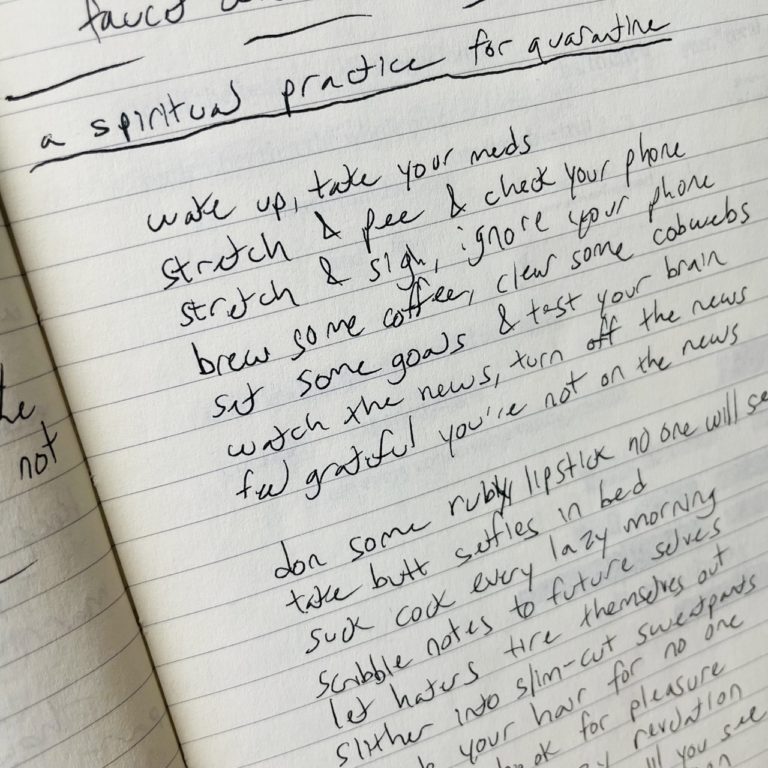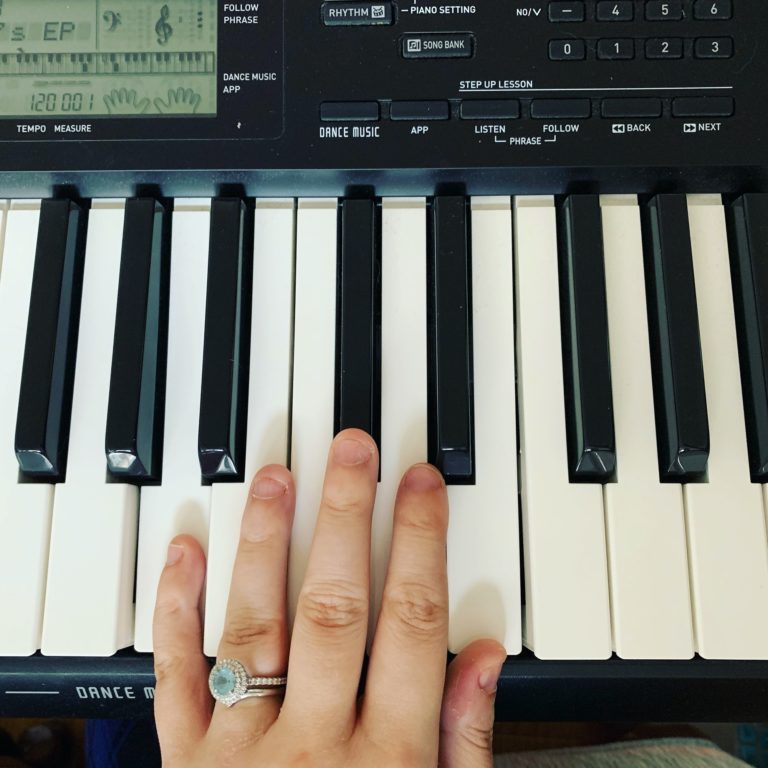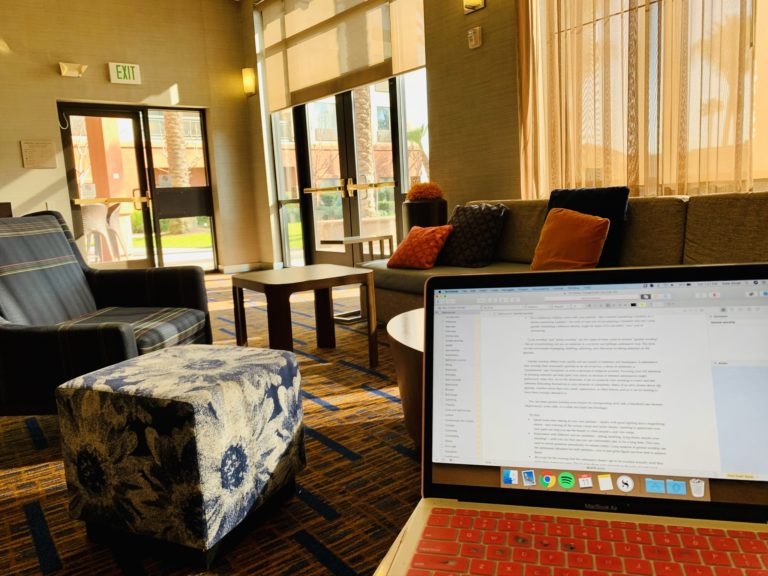
I’ve been reading a lot of books and articles on songwriting lately as I dive back into it for my 2022 “A Song A Week” challenge, and there’s a pretty fundamental divide between people who think “writer’s block” is a bullshit excuse you give when you just don’t wanna sit and write, and people who think a lack of inspiration is a valid reason for not writing.
I fall on different sides of this debate depending on when you ask me, and what art form we’re talking about (I write nonfiction, fiction, poetry, and songs, all of which have somewhat different needs in terms of inspiration). But for the most part, I believe inspiration is something you can conjure, not necessarily something you have to wait around for, praying and pondering until it “strikes.” The important thing to know is: your life and thoughts aren’t always going to be rife with creative prompts, but that doesn’t mean other people’s lives and thoughts can’t inspire you.
This has been a vital lesson for me throughout my life, but especially when I was essentially trapped inside for extended periods, as with many Canadian winters as a freelancer (including this one, during a pandemic), or when I was so depressed and demotivated that my own life temporarily contained none of the passion and intrigue that would normally inspire me. It’s then that I have to be extra proactive about finding inspiration and incorporating it into my work.
Here are some methods I use, all of which may work better for some art forms than others, but all of which can always stir something inside me, something that might transform into a blog post or an essay or a poem or a song.
1. Put yourself in someone else’s shoes
This is so crucial. I’ve been doing this for a long time. When my own romantic life was so barren as a teen that I struggled to find any inspiration for songs, for example, I would watch romantic TV shows or read romantic fanfiction and write from the headspace of a beloved fictional character about their situation.
You can “mind-meld” with a character like this, or with a real person (e.g. “How does Ariana Grande feel about all the Pete Davidson memes popping up everywhere?”), or with a theoretical person (e.g. “How do I think 19th-century sea captains, 20th-century party strippers, or 21st-century high school kids might feel about this pandemic?”). In a way, I think this exercise is really about getting more in touch with your own thoughts through the lens of someone else’s.
2. Borrow someone else’s idea
Now, I am not advocating for plagiarism (I’m strongly against it, in fact), but rather for the creative process of incorporating a kernel from someone else’s creation into something of your own.
Sometimes, for example, I try to write new lyrics for a song I already know and love, replicating the rhythm and meter but changing all of the words and what the song is about – and once I have my lyrics, then I can make an entirely new melody for them. I might also use a famous quote as a jumping-off point for an essay (always attributed), write ruminations on topics other writers are better known for, or build on someone else’s argument (again, crediting them as appropriate).
We’re all standing on the shoulders of giants, as the old saying goes – and like the author Austin Kleon argues in his book Steal Like an Artist, repurposing bits and pieces of other people’s work into your own is a time-honored tradition and is actually fundamental to how art functions.
3. Work in someone else’s style
In high school I had some friends who were also songwriters. One of them, Kaiya, wrote meandering, esoteric folk-blues songs that I loved, but that were utterly different from my own style, which was plainspoken, quirky, and musical theatre-inspired. At one point, each of us challenged the other to write a song in the other person’s style. In some ways it was difficult – I couldn’t rely on any of my usual tricks or formulas, and had to dig deeper and really think about each and every choice – but in other ways it was easy, because I knew my friend’s musical style so well that I could almost hear her in my head, singing and strumming, showing me where to take the song next.
Still to this day, when I’m feeling uninspired, sometimes I’ll pick up a book by a writer with a distinctive style – anyone from British neurologist Oliver Sacks to hedonistic poetess Rachel Rabbit White – and flip through until I anchor their voice in my mind. And then I’ll start writing, on whatever topic I feel like tackling, channelling my writerly muse all the while. Often I end up making changes in the editing stage, bringing the piece back into the land of me-ness, but sometimes doing an “impression” of another writer is the best way for me to get the gears turning in the first place.
4. Revisit the past
Even if nothing much is going on in your life right now, there are always memories you can pull from. For example, I can dependably write about first dates and heartbreaks just about any time, because those memories are so vivid for me, even though it’s been years since either one of those things happened to me.
5. Just make stuff up
Look, as long as you’re not trying to pass off fiction as nonfiction, you can make up whatever the hell you want. Sometimes when I want to write about a sexual subject but don’t know how to approach it, I might write a fiction vignette or erotica story, featuring totally invented characters in the very situation I’m pondering. Likewise, when I feel utterly uninspired but want to write a song, I do what people like Regina Spektor do, and just write one about a made-up person’s life/brain/situation.
It might seem like it would be hard to access any real insight or poignancy or authenticity when doing this, but actually I find that creative inventions often act as a prism, helping me see inside my own life and thoughts more clearly, much in the same way that a tarot reading doesn’t necessarily “predict the future” but can help you reflect on your own patterns and associations.
Where do you pull inspiration from when you’re stuck?
This post was sponsored. As always, all writing and opinions are my own.


